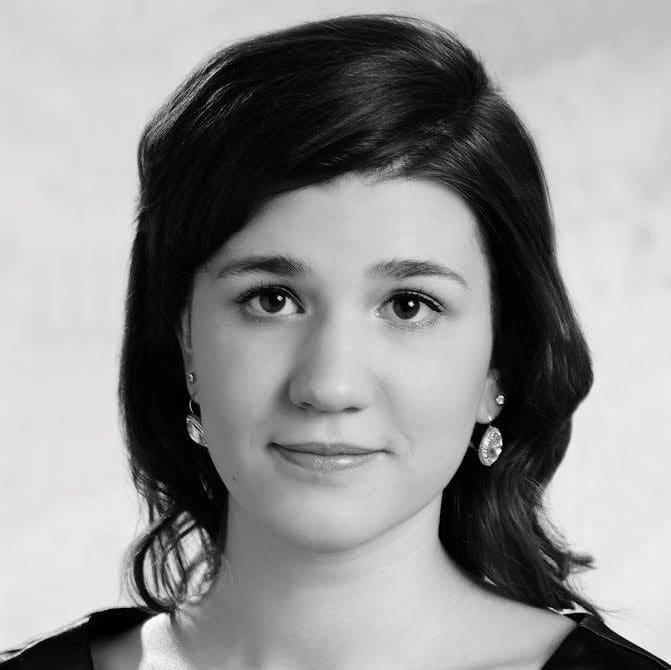




The upcoming celebrations on 20 August centre around one of the most magnificent buildings in Budapest: Saint Stephen’s Basilica. That is also where The Holy Dexter, the right hand of Saint Stephen, the first king of the Kingdom of Hungary, is kept.
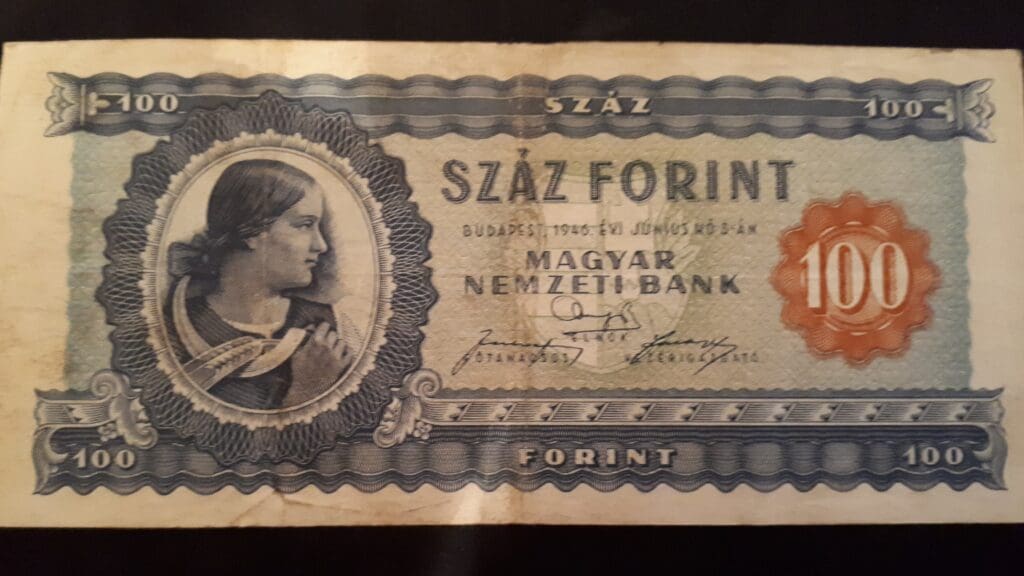
The Hungarian currency, the forint celebrates its 77th birthday on 1 August. But in reality, the forint’s history can be traced back to as long ago as the 1320s.
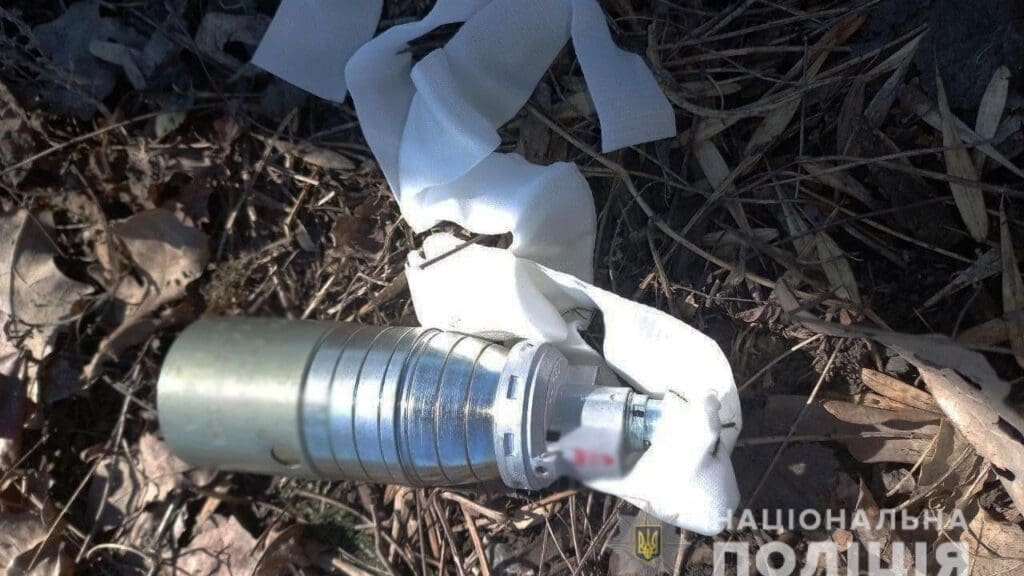
Unlike ‘unitary’ bombs, cluster munitions are not single shells; instead, they consist of a dispersive mechanism that releases numerous grenade-like bomblets mid-air, designed to explode upon impact. However, many of these smaller submunitions fail to detonate upon landing, remaining in the ground for extended periods, posing a threat to the civilian populations be they farmers, children playing or any passers-by.
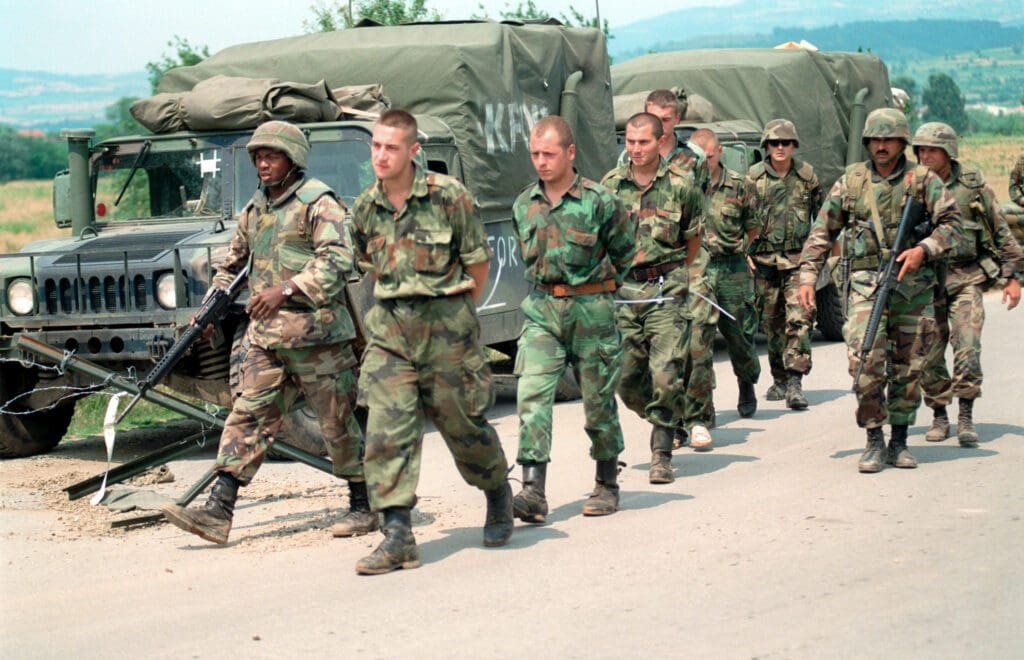
Today we still often think of war in the Clausewitzian terms, as of the ‘continuation of politics by other means’, conducted by one state against another. However, as argued by Mary Kaldor, many armed conflicts have acquired a completely different, de-politicised nature, becoming a new social condition.
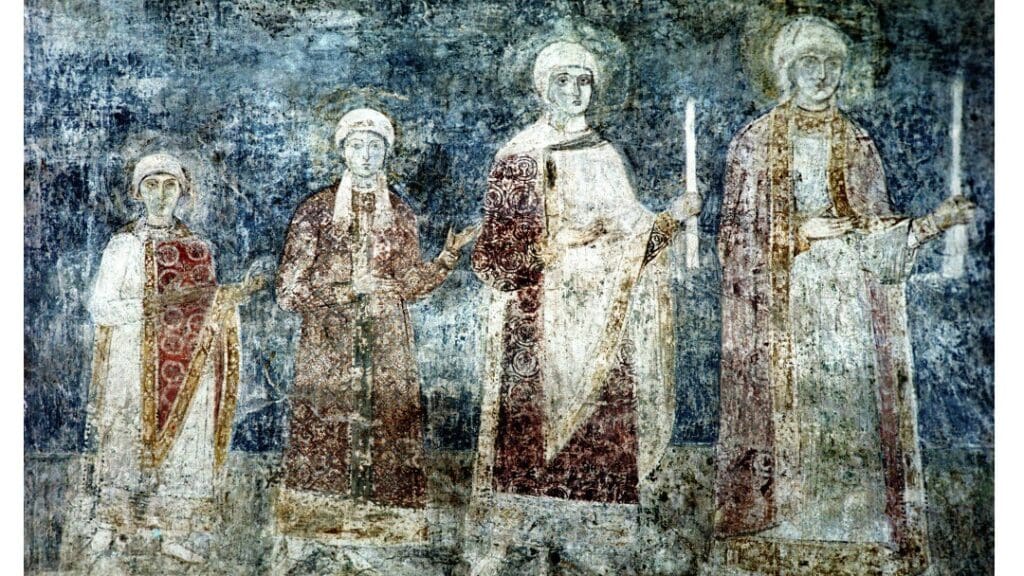
Anastasia of Kiev married Hungarian King Andrew I around 1038, before he took the throne and while he was still in exile. She was later involved in the establishment of one of the most renowned monasteries of Hungary, the Tihany Abbey, and is also featured in one of the most famous Hungarian historical paintings.
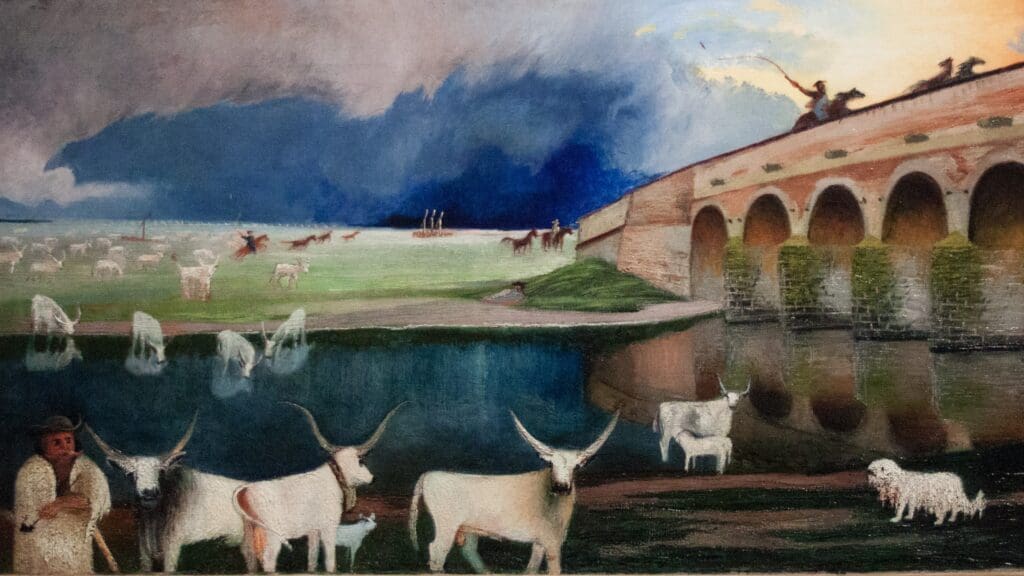
Throughout its history, Hungarian animal husbandry has selectively bred and nurtured animals that now stand as iconic representations of Hungarian peasant and pastoral culture.
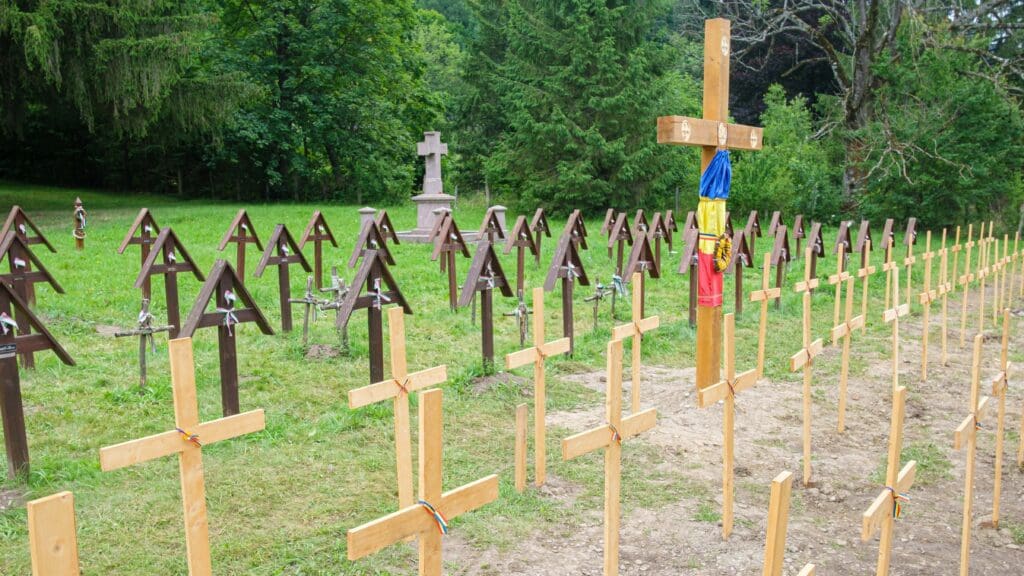
After the recent repeated defiling of the Úzvölgy military cemetery, Hungarians in Romania are now bracing themselves for another provocation in Tusványos.

With the arrival of the summer season, it has become highly disputed in the Hungarian press whether Lake Balaton tourism is decreasing or growing.
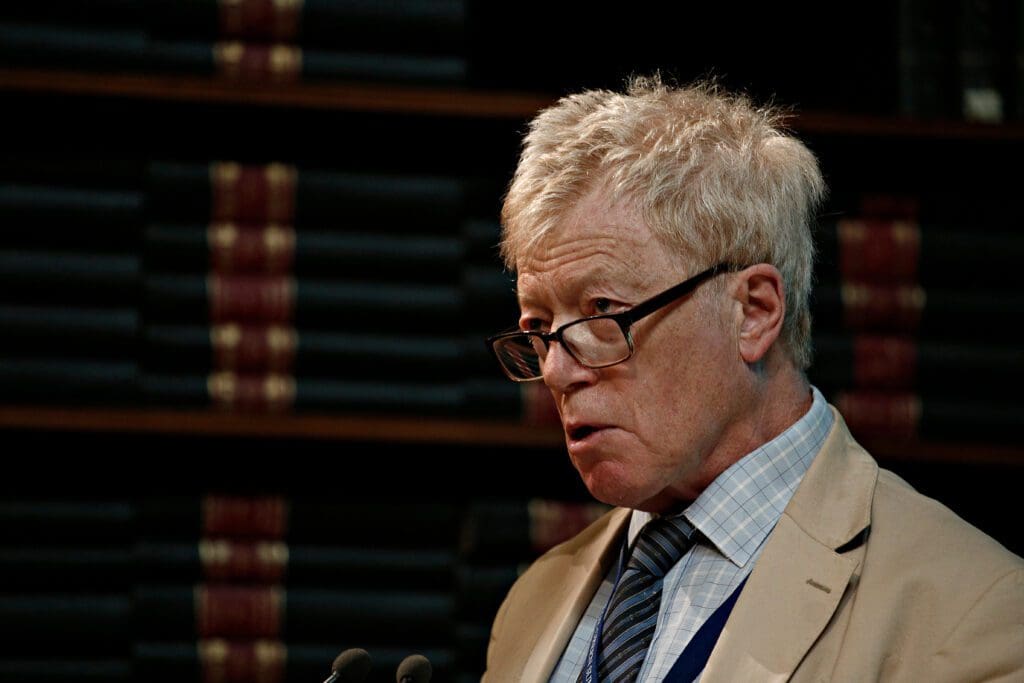
Scruton’s motive behind writing the book was to elucidate conservative ideas that were often misunderstood during that period. One of the catalysts for the author’s decision to put his thoughts about conservatism in writing was the French protests of 1968 and the subsequent marked shift to the left within academia.
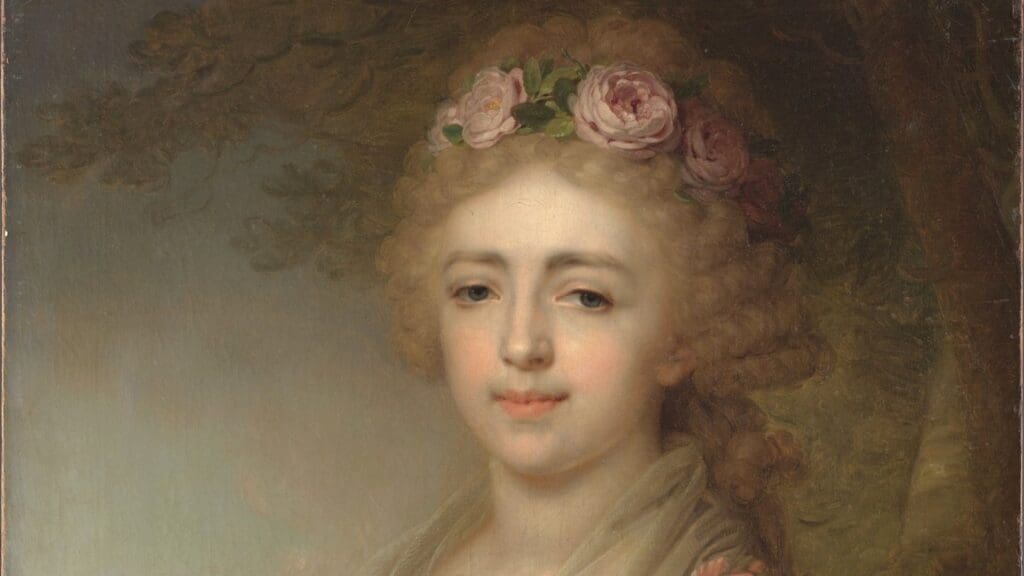
According to legend, it was Grand Duchess Alexandra Pavlovna who recommended the inclusion of the colour green in the Hungarian flag, as a symbol of hope.

On 12 July, one day after the correction issued by the Ukrainian foreign ministry, some Ukrainian media, including the English language Kyiv Independent, were still posting articles about WizzAir having removed ‘a Ukrainian war veteran’ from its flight. Obviously, the fake news was too conveniently painting a negative picture of Hungary to be just let go by the unapologetically anti-Hungarian Ukrainian press.

Albeit wrongly associated with the political left most of the time, green philosophy is integral to conservatism too. The late, great Roger Scruton believes that environmental protection should be based on one’s love for their local territory and community, and be dictated top-down through a globalist agenda.
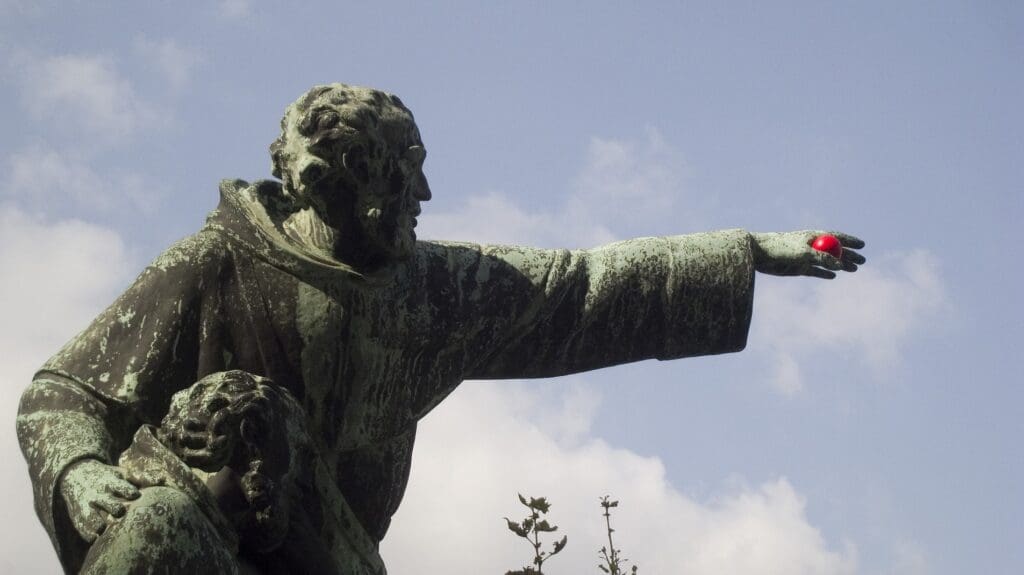
The quest to find the ancestral homeland of Hungarians has inspired ventures into the far East for many centuries. The most famous ones were made by Friar Julian in the 13th century. How much of what he purported to have found has been backed up by modern science?
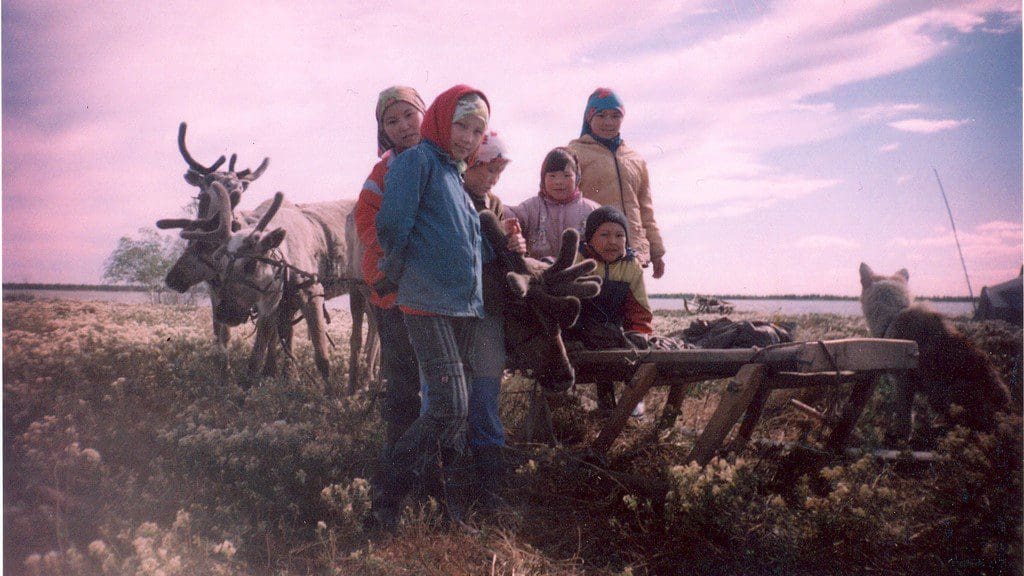
According to the subdivisions within the Uralic language family (also known as Finno-Ugric, if the Samoyedic languages are excluded) Hungarian is indeed related to the relatively widely-spoken Finnish and Estonian languages, even though the Hungarian language belongs to a different branch of the Uralic ‘tree’ than the aforementioned two. Rather than being part of the linguistic continuum of its Northern European kin on the Baltic shores, Hungarian shares stronger linguistic connections with the distant Khanty and Mansi, living as far from Hungary as Western Siberia.
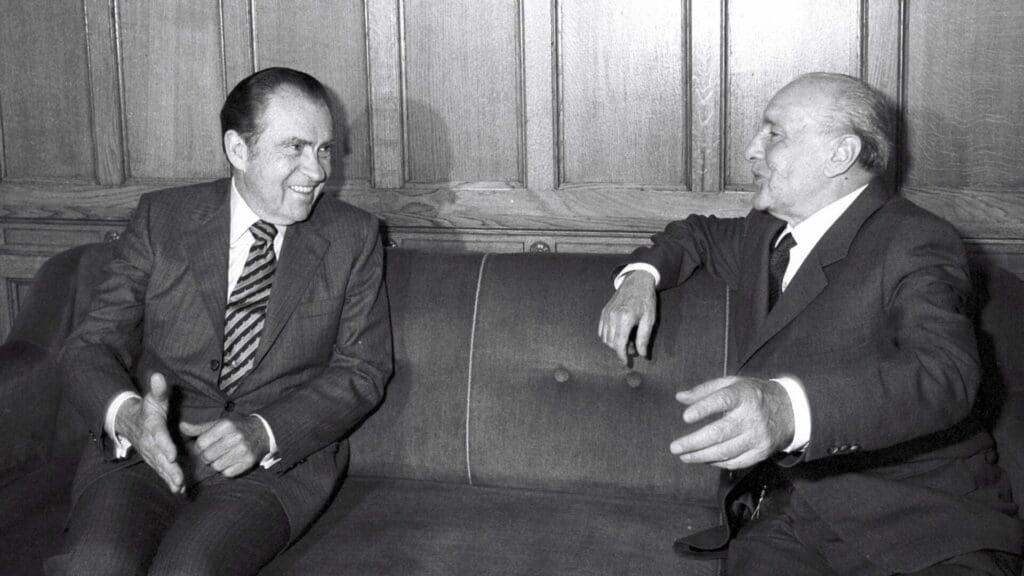
This piece provides an overview of the ‘Goulash communism’ times of Hungarian history, while attempting to answer the question: why do some Hungarians appear to be nostalgic about the Kádár era?
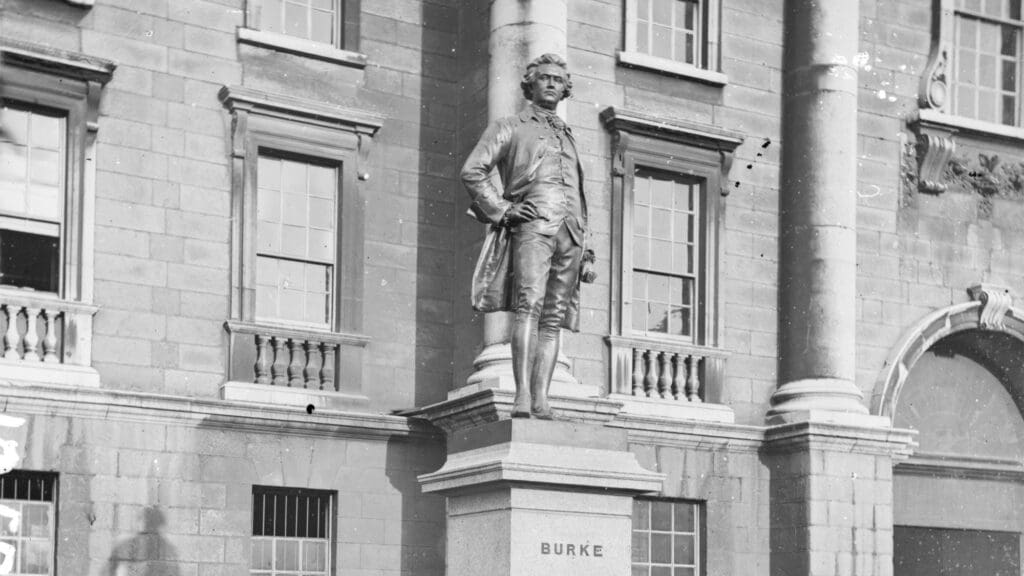
Burke’s work conveys a deep message for modern societies: ‘…it is with infinite caution that any man ought to venture upon pulling down an edifice which has answered in any tolerable degree for ages the common purposes of society.’
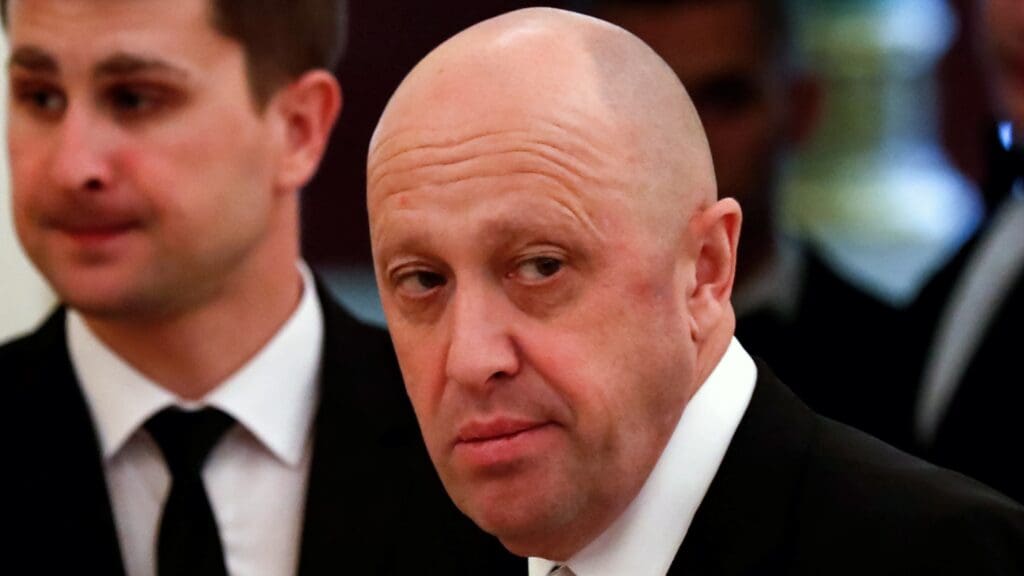
Although some celebrated Prigozhin’s mutiny as the weakening of Putin’s Russia, it is important to remember that Prigozhin would not have brought about a ‘better or more democratic Russia’, only an even bloodier war.
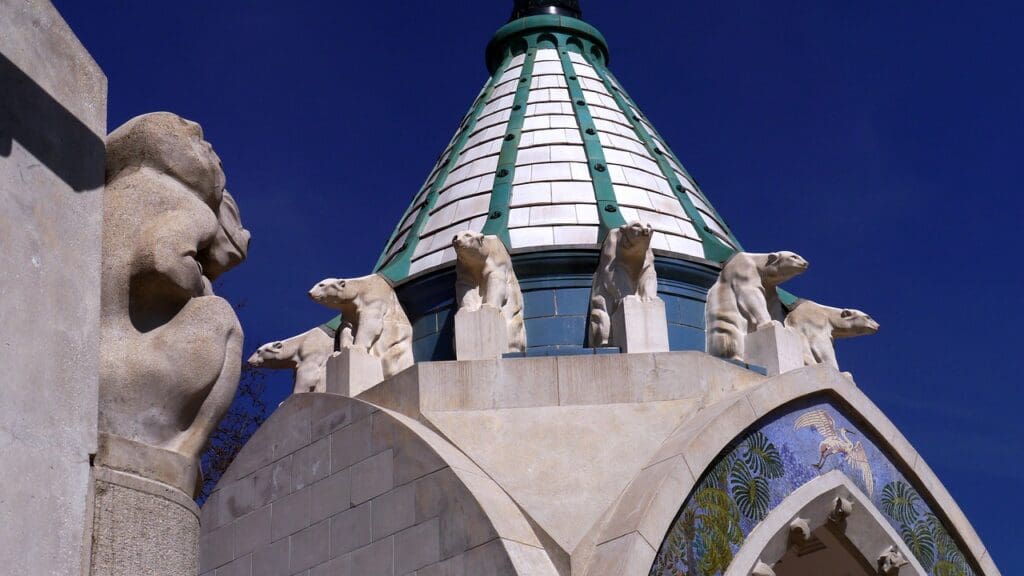
With the summer season on, you might be wondering what to do if you are a city person who however
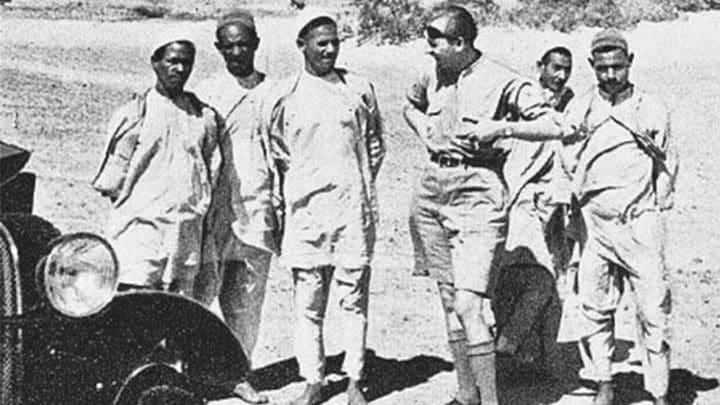
The mysterious Magyarabs, whose denomination conveniently looks as if it consisted of the words Magyar and Arab (although the exact etymology is different: the word ab means tribe in Nubian), would have probably remained unknown to the world had some adventurous Hungarians not discovered their distant kin. László Almásy, one of the key figures and pioneers of Hungarian Africa research, was the first to report on the existence of Magyarabs after he encountered them during his expedition in Africa in the 1930s.
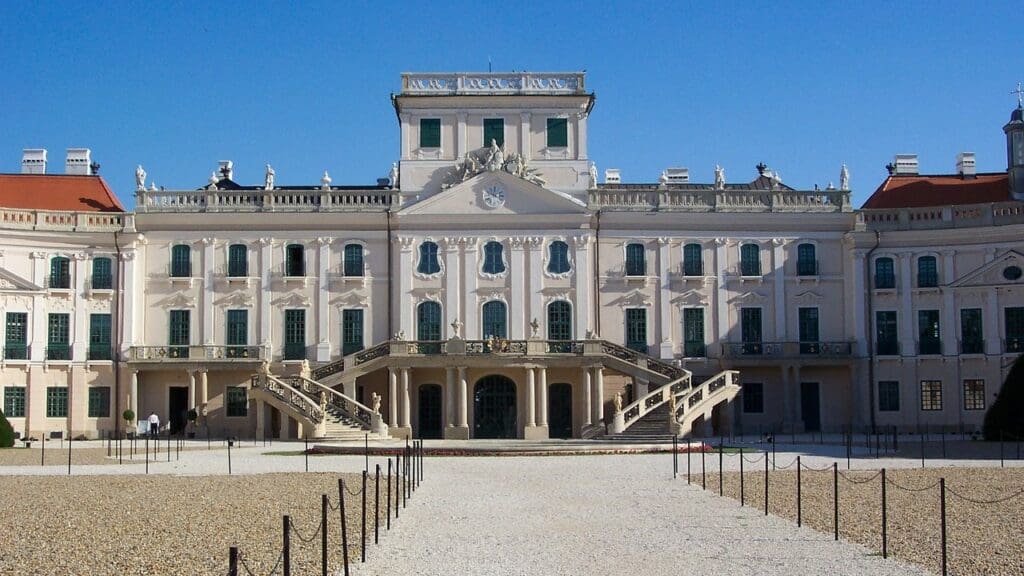
For nature enthusiasts, a visit to the picturesque shores of Lake Fertő/Neusiedl is an absolute must. The beauty of Lake Fertő and its captivating surroundings has earned it a spot on the prestigious UNESCO World Heritage List. It was the joint efforts of Austria and Hungary that resulted in its inclusion on the list, and today the two countries’ have joined forces to safeguard the national park that spans both sides of the border—on the Hungarian part this territory is called the Fertő-Hanság National Park.

A lot remains unknown about the release by Russia of the Hungarian Ukrainian soldiers, including the role that Metropolitan Hilarion played or what the exact status of the freed men is. One things is certain: human lives have been saved amidst the tragic conflict.
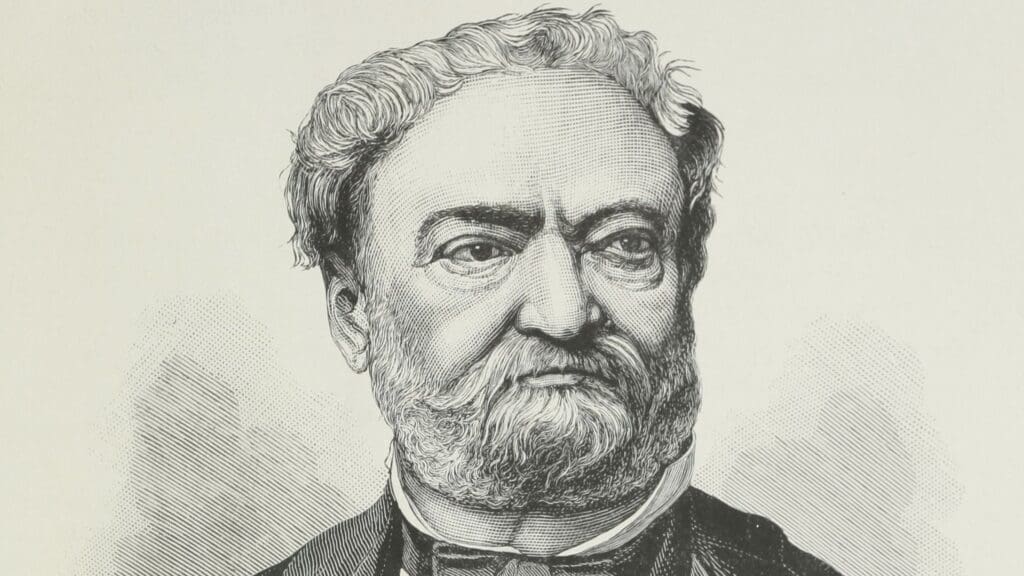
The music and operas of Ferenc Erkel greatly contributed to the birth of Hungarian theatre and opera as well as to the emergence of patriotic Hungarian music.
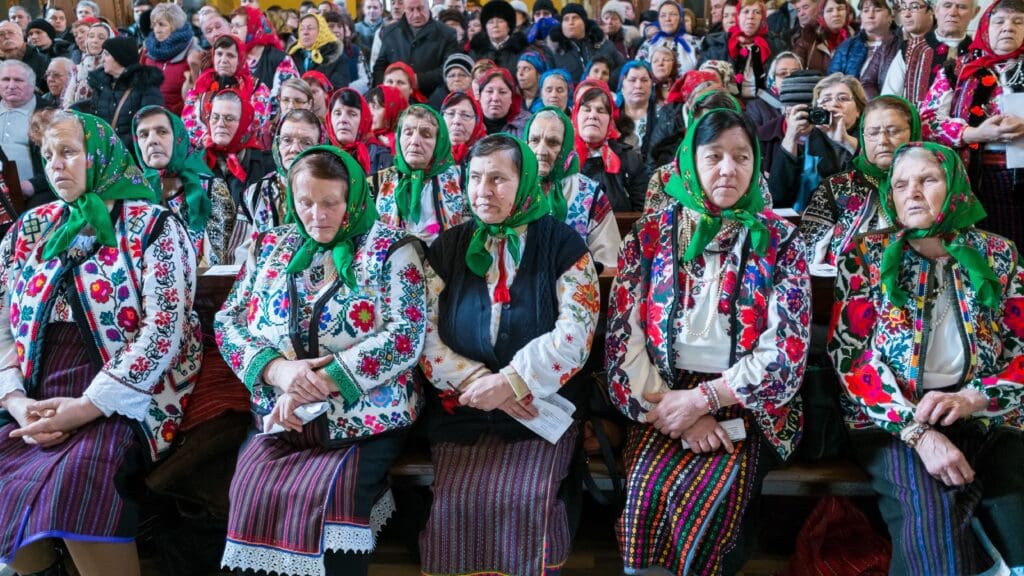
Nowadays there are renewed efforts to reinvigorate and preserve the ancient identity of the Csángós. One of the most notable examples is the Council of Europe’s ‘Csango minority culture in Romania’ report, which, beside being a great overview of Csángó culture, also serves as a call to action to save this unique identity.
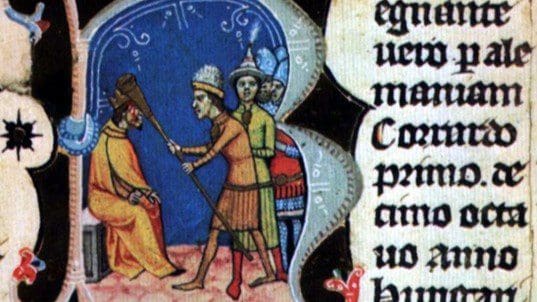
As opposed to the simplistic xenophobia narrative, Hungary is a multifaceted country with diverse regions and identities, each of which contributes with its uniqueness to the country’s rich cultural landscape. One of the regions that is a living proof of that is Jászság.
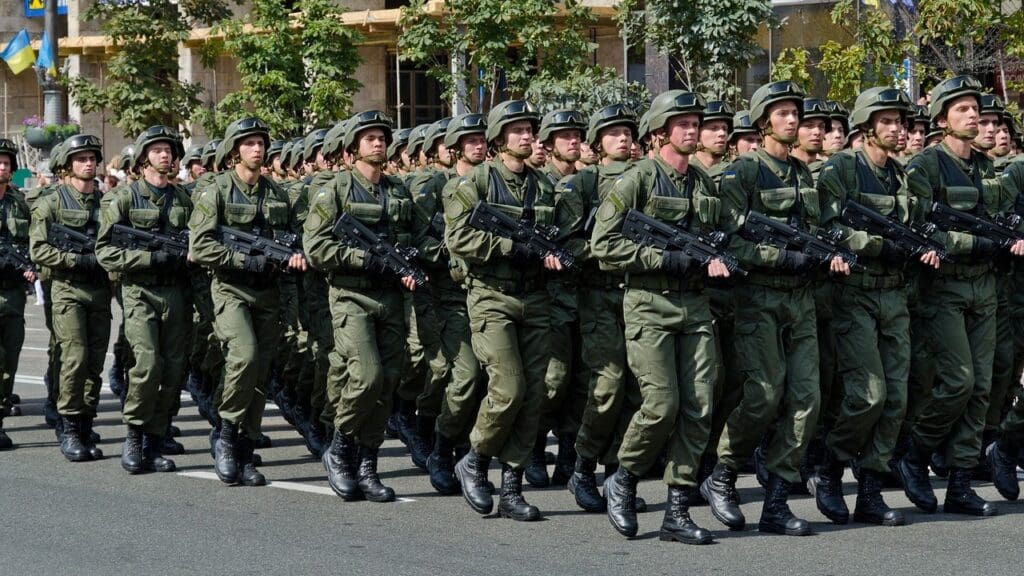
According to Charap, as the dragging on of the war is not in the interest of either the West or Ukraine, there is need to look for another way of approaching the conflict. While an actual peace treaty between the two sides that invested so much into this conflict might look unlikely, negotiations are nevertheless possible—and the West should facilitate these negotiations.
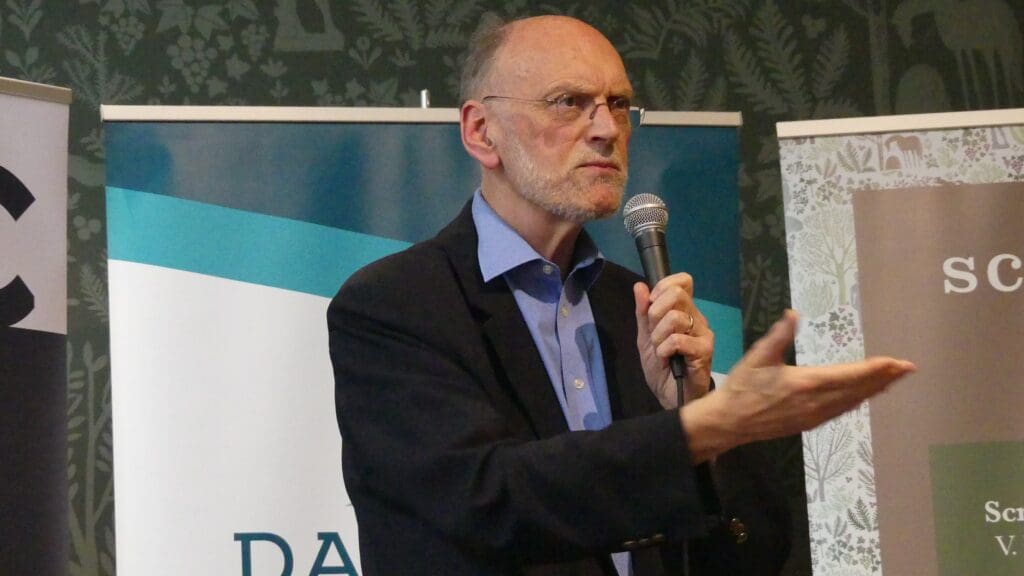
Nigel Biggar’s recently published book titled Colonialism: A Moral Reckoning is a Sunday Times bestseller. The book is a unique analysis of Western colonialism, and a sober assessment of all the bad and good that the British Colonial Empire stood for. Without hiding the injustices and violence committed by the Empire, Nigel Biggar argues that the Empire was not the embodiment of pure evil.

To date, six ethnic Hungarians have summited Mount Everest. The most recent attempt was made by Szilárd Suhajda, who got close to reaching the top alone without oxygen tanks. Tragically, he succumbed to the effects of the death zone, and lost his life when only 50 metres (164 feet) from the peak.
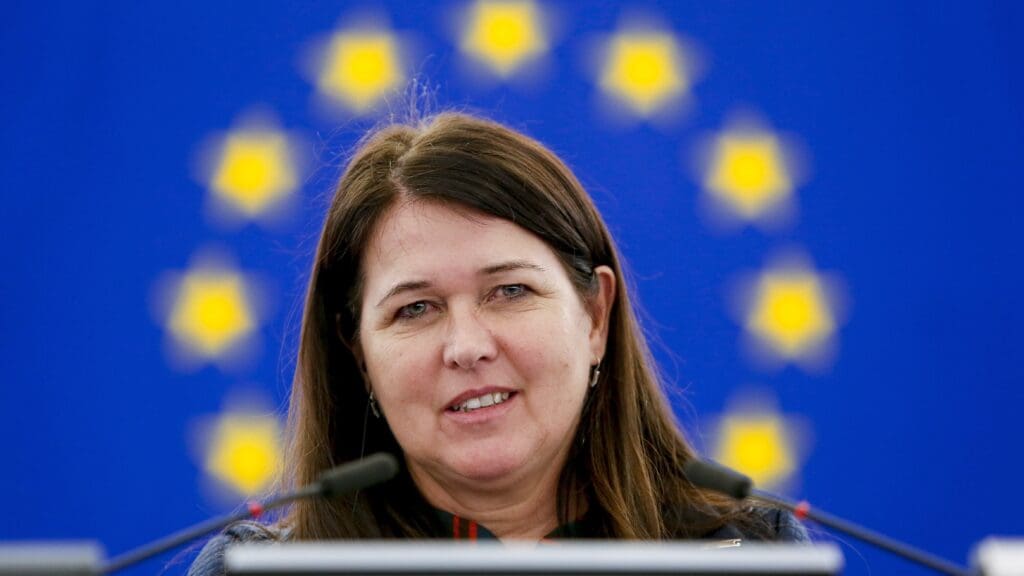
Gáll-Pelcz, a 61-year-old engineer and economist, former EP Vice-President, a mother of three, has proved that she is both a competent leader and also highly qualified for a seat on the European Court of Auditors. She was certified as an international tax expert in 2004. Her qualifications, including being a chartered tax expert, clearly made her a suitable candidate for a role that is mostly related to EU taxation and auditing.

Kunság, a Hungarian land with a unique history and captivating nature, is a standout destination for tourists with off-the-beaten-track appeal and diverse natural life.
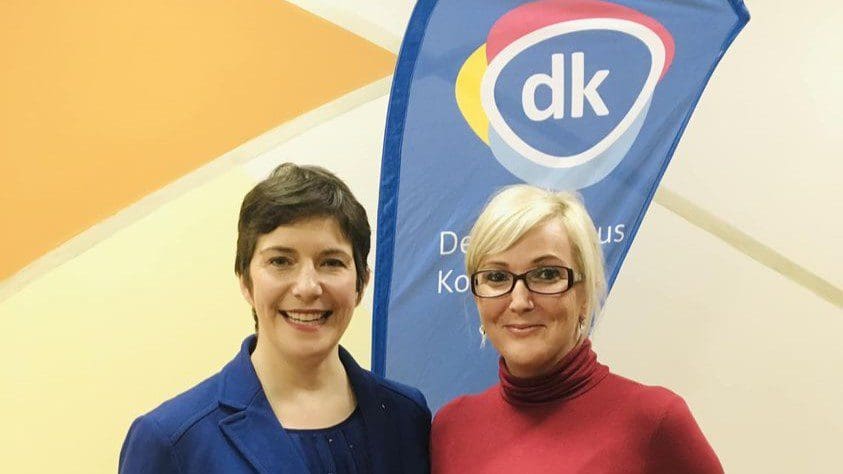
There are two models of opposition—one that is based on cooperation and one that is based on absolute rejection. While democracies are characterised by cooperation between the ruling and opposition parties, out-of-power parties in Hungary are unwilling to cooperate with the ruling coalition, which results in their ineffectiveness.

Hungarian Conservative is a quarterly magazine on contemporary political, philosophical and cultural issues from a conservative perspective.